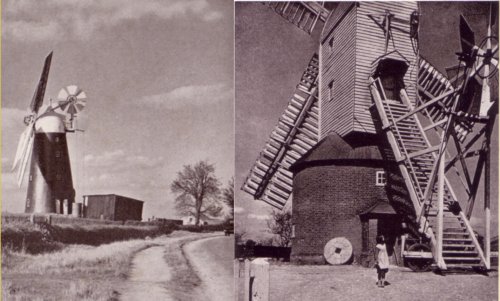Fall Lecture Series Recap: What’s Not to Like About Modern Processed Food? – A Historical Perspective
Throughout the year, the BU Gastronomy blog will feature occasional posts from special guest writers including current students, recent alumni, professors, and more. The following Guest Post is brought to you by Gastronomy student Nate Orsi.
Close your eyes…after you read the next sentence.
Visualize the history and prehistory of processed food.
Now, open them…What?! you say…
Is it difficult to do?
Well then you missed Dr. Rachel Laudan’s engaging presentation on the evolution of processed food! Have no fear, Dr. Laudan has a website, a new book, and a long list of publications and interesting academic work to use in your own research or for pure academic enjoyment. And who doesn’t want a little bit of enlightenment now and again, especially when it is food focused.

In her recent lecture, Dr. Laudan covered everything from the cultivation of wild crops to animal husbandry, and laid the foreground for the present state of packaged foods. While several people in the audience were interested in the implications of agricultural drawbacks to large scale production, ethical concerns over food production, and food safety issues, Dr. Laudan fielded questions in a poised and balanced manner. It was enlightening to see her take information from the questions she received and incorporate those tidbits into the scope of her research. This is something I have struggled with in my own work (and I am sure I am not the only one). Scope is such a fickle beast, and looking at any historical topic within a global context is bound to be a daunting task.

Refrigeration and packaging played extremely important roles in the development of processed food. It’s a little strange to think about how ice used to be something reserved for the elite classes — royalty and the landed gentry — so something to think about next time you ask for ice in a nonchalant run-of-the mill manner. No pun intended with the mill reference, even though there was a pretty in depth discussion about the development of milling and flour production. Bread is such an integral part of so many cultures, and Laudan made this abundantly clear with a distinctive portion of the lecture dedicated to talking about the Fertile Crescent.

There are so many modern food related examples I can think of with regard to the development of food processing, but if you look at something as simple as lemonade, you can see the processed nature of the mix, the artificially created ice, even the sweetener. These three components sort of encapsulate some of the thematic qualities of Laudan’s discussion.

She noted how people tend to romanticize certain aspects of the past when considering modern food processes, and of course she explained how it is not a perfect system. I really enjoyed having a historical perspective intertwined with large scale production of processed foods, since it is important to look at the broader picture of food in its current state. It is difficult to effectively compartmentalize food systems, because there is so much interplay between all parties of an increasingly complex foodways.

For more information on processed food and more of Dr. Laudan’s work, check out her website or pick up a copy of her new book, Cuisine and Empire, out this November 2013.
Are you a current student or a recent alum with a food-filled story to share? Pitch your idea to gastronomyatbu@gmail.com and get published on the BU Gastronomy blog!
